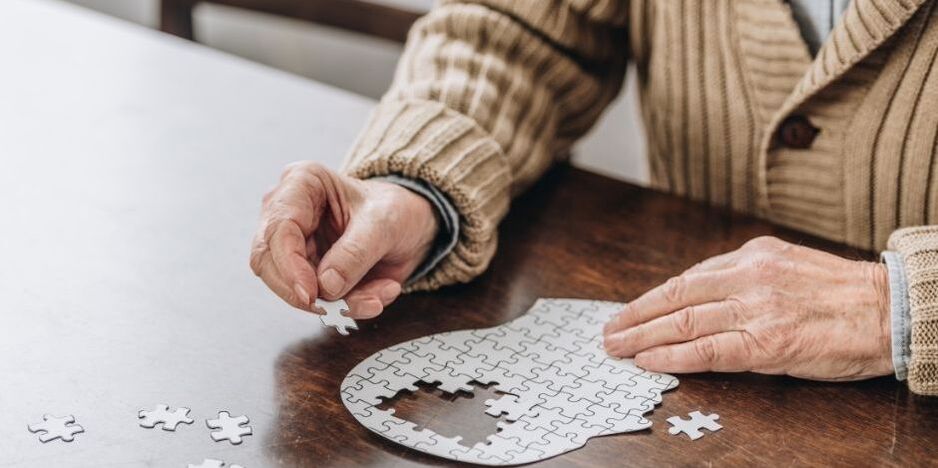|
By: Dr. Beth Templin As we prepare to launch our Memory Program for adults with mild to moderate dementia this month, I've been learning more on memory and aging. As a result, I'm rethinking some of my own views and beliefs. Short-term memory loss begins for most people in their 50's and 60's. And since there is currently no cure for memory loss, the focus should be on preventing the memory loss from occurring in the first place. So, what can you do to help protect yourself from memory loss? Or to slow the process down once it's started?
One of the first things is to understand that your memory is only one of the 4 areas that makes up your cognition. Your mental capacity also consists of Attention, Processing Speed and Executive Functioning. The most important thing that I've had reinforced during my learning is that your cognition is not fixed. It is fluid and changes with various challenges and experiences. For example, your cognition is affected by things such as: exercise, sleep, stress, nutrition, social engagement and the management of health conditions. All of these are things in your life which are modifiable, things which you have the ability to impact or make changes to. So, the better you manage the above areas, the better your overall mental capacity will be. Another concept I was excited to read about was Cognitive Reserve. It's the concept that you can delay the progression and onset of dementia by building up your brain, just like you would a muscle. You build up your brain by forming more connections in your brain. Some of the ways you can do this are to participate in life-long learning. Whether it's picking up a new hobby, traveling to new places, doing crosswords or other brain puzzles, there are many ways to achieve this. The most interesting thing I learned about cognitive reserve and its ability to stave off the signs and symptoms of dementia, came from a study where people were found to have the brain structure of an Alzheimer's patient at the time of death, but did not exhibit any of the symptoms of the disease while they were still alive. This was due to the Cognitive Reserve they built up during their lives. Physical exercise, specifically aerobic exercise is also beneficial for good brain health. When you participate in aerobic activity, you increase blood flow to the brain, helping to bring in nutrients and promote a healthy brain. The combination of learning or participating in mental challenges while exercising has shown to be even more effective when the two are combined together. This is because when you are exercising, you have increased focus and attention. The good news is that according to Harvard Health, the brain is able to change and grow well into old age. The older the individual becomes, the more effort is required to make those changes, so it's best to start early, before you ever notice a decline. Ready to work on your mental and physical fitness this year? Try out our group exercise classes, which offers a great mix of both! Comments are closed.
|
AUTHORDr. Beth helps adults 55+ maximize their independence and fitness, so they can continue to enjoy a full and active life. Archives
July 2024
Categories
All
|



 RSS Feed
RSS Feed
